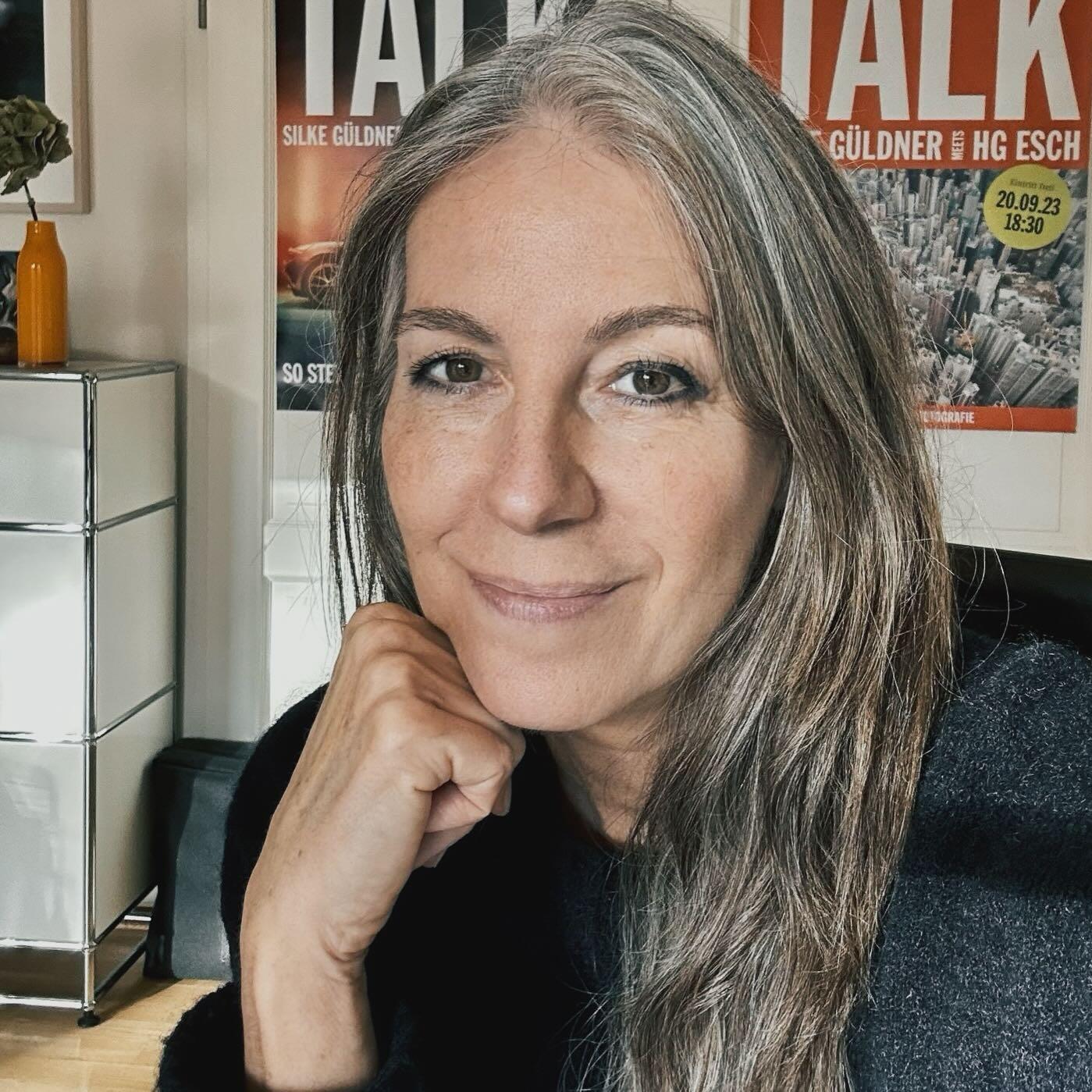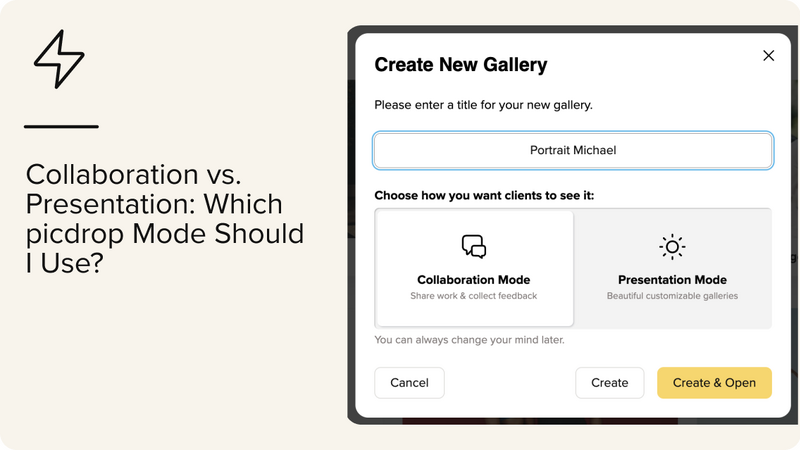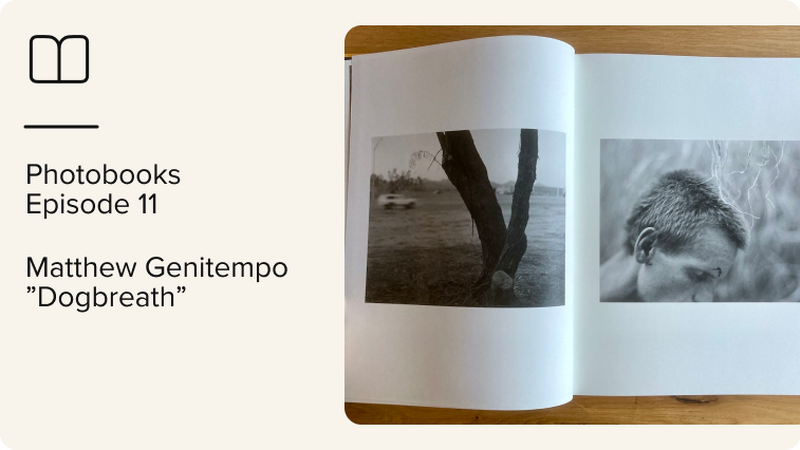Your Way Into the Photo Business!
Career Planning for Emerging Photographers
What it takes to get started, and the role established photographers play in your success.

According to a survey by the platform Fotoassistenten, almost 70% of the photo assistants surveyed said that contacts in the industry were the most important criterion for their first job. Their own portfolio came in second. It comes as no surprise that contacts are highly relevant for one's own career, and not only in the field of photography, because many jobs come through recommendations, as you surely know.
If you want to plan your career in the photography business, think about another important factor that not only allows you to make good contacts, but also gives you important insights and learnings for your independence as a photographer - assisting.
From student to self-employed
In a conversation with a young filmmaker, I learned that he started his own business right after graduating from the Hamburg Media School. He is the founder of a company that produces image videos for small businesses. The problem: too little turnover. His education is excellent, but a master's degree from this prestigious university alone does not open doors to clients. Of course, the desire to earn money quickly is great, and he wants to position himself as successfully as possible in the market with this business idea. When I asked him why he didn't start out as an assistant or freelancer in a film production company to gain experience and contacts in the advertising and media industry, he hesitated. After all, he would be missing out on an important career step that can make it much easier for young people in the photography and film industry to become self-employed, especially in the advertising and media sector, and significantly improve their chances of building a good network and image.
Hard facts about the photography market
5% of those studying photography can earn money doing professional photography. This is what a lecturer told a young photographer during his studies at a well-known German university. Pretty demotivating when you know you want to make a living from photography. And that's how the curriculum is structured. "There is no content taught that would provide a meaningful interface to high-quality contract photography and prepare us for the market," says the graduate. This is certainly not the case in all programs, but often you have to go elsewhere to get the knowledge you really need for running a successful photography business.
Education without diversity or practical relevance
The situation is not much better in professional photography. Here, too, many photographers become self-employed right after training. There are various reasons for this: many, like the young filmmaker, want to earn money right away, others do not want to be subordinated and work for someone else. And the training or study has cost a lot of money, which should pay off now. They underestimate the importance and effectiveness of internships with good photographers or studios for their career. No wonder, when you don't know what you don't know.
Assistantships as a stepping stone to a career
Especially young photographers who want to work in advertising should take the time to assist established photographers and ideally work abroad. During training and studies, you learn about technology, craftsmanship, lighting or image design, and if you're lucky, maybe even how to find your subjects, tell a good story or edit images. But assisting established photographers is often the only way to gain insight and contacts. And simple questions like "What does an art director or art producer do, who do I contact if I want to show my portfolio to a magazine?" are no longer obstacles in your way.
Assistantships are important to learn the practical side of the job, the infrastructure of a good photo production, and how to organize your own workflow. This will help you develop your personality and your photographic profile. As an assistant, you will be confronted with demands that you will not encounter during your training or studies. For example, deadline and budget pressure, insight into client communication, cost control or workflow management.
Your portfolio as a door opener
When they start out, many young photographers have no idea what they should be presenting other than the work they did for their diploma. Good assistantships increase your chances of breaking into the commercial photography market because you can work on your portfolio during your years as an assistant. You can use the advantages and equipment of the studio where you work to create a high-quality portfolio, which, along with good contacts, is an important criterion for showing what you can do and getting your first jobs.
Recap
- Study and training are important to find your style and learn craftsmanship and technique.
- Don't go self-employed too quickly; think about who else you can learn from.
- Be clear about what your market niche should be, and look for photographers who are willing to share their knowledge.
- If you have the opportunity, assist at home and abroad to deepen your industry knowledge and build your portfolio.
- Gain practical experience as an assistant or freelancer and build a network of clients.
By Silke Güldner
Silke Güldner is a coach and consultant for photographers and creative professionals.




